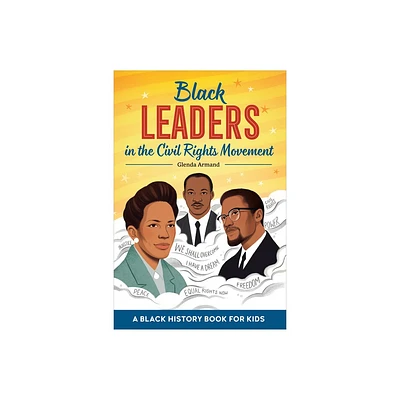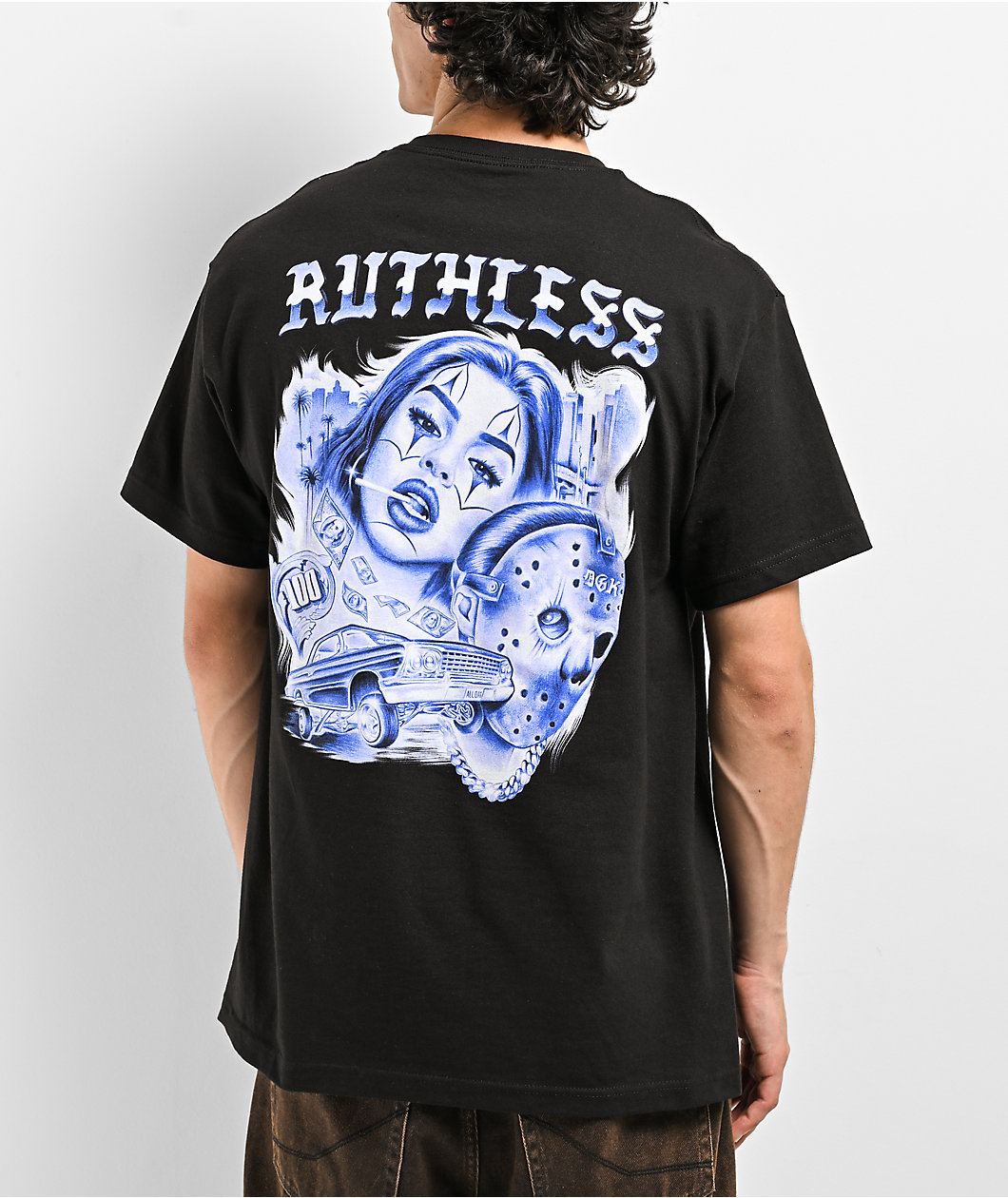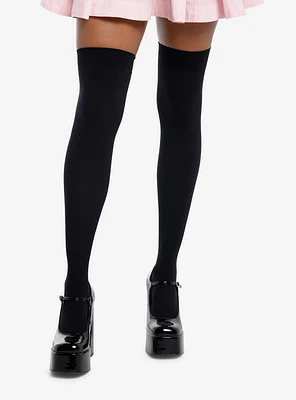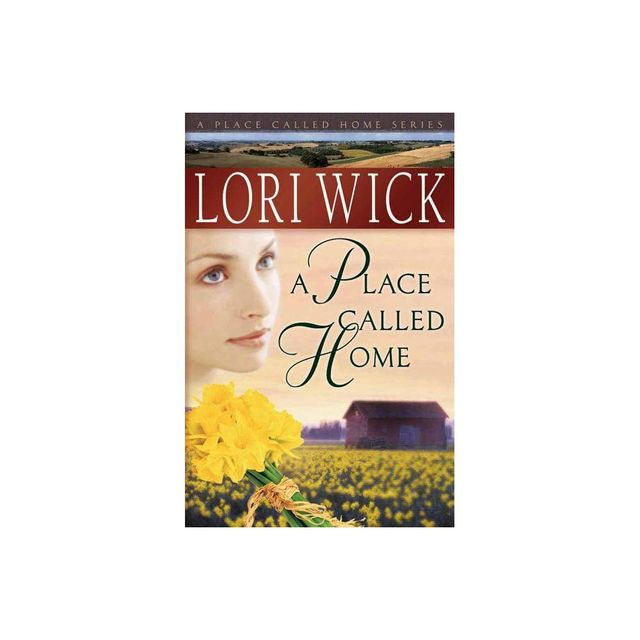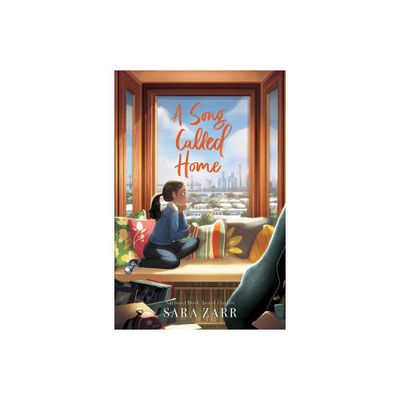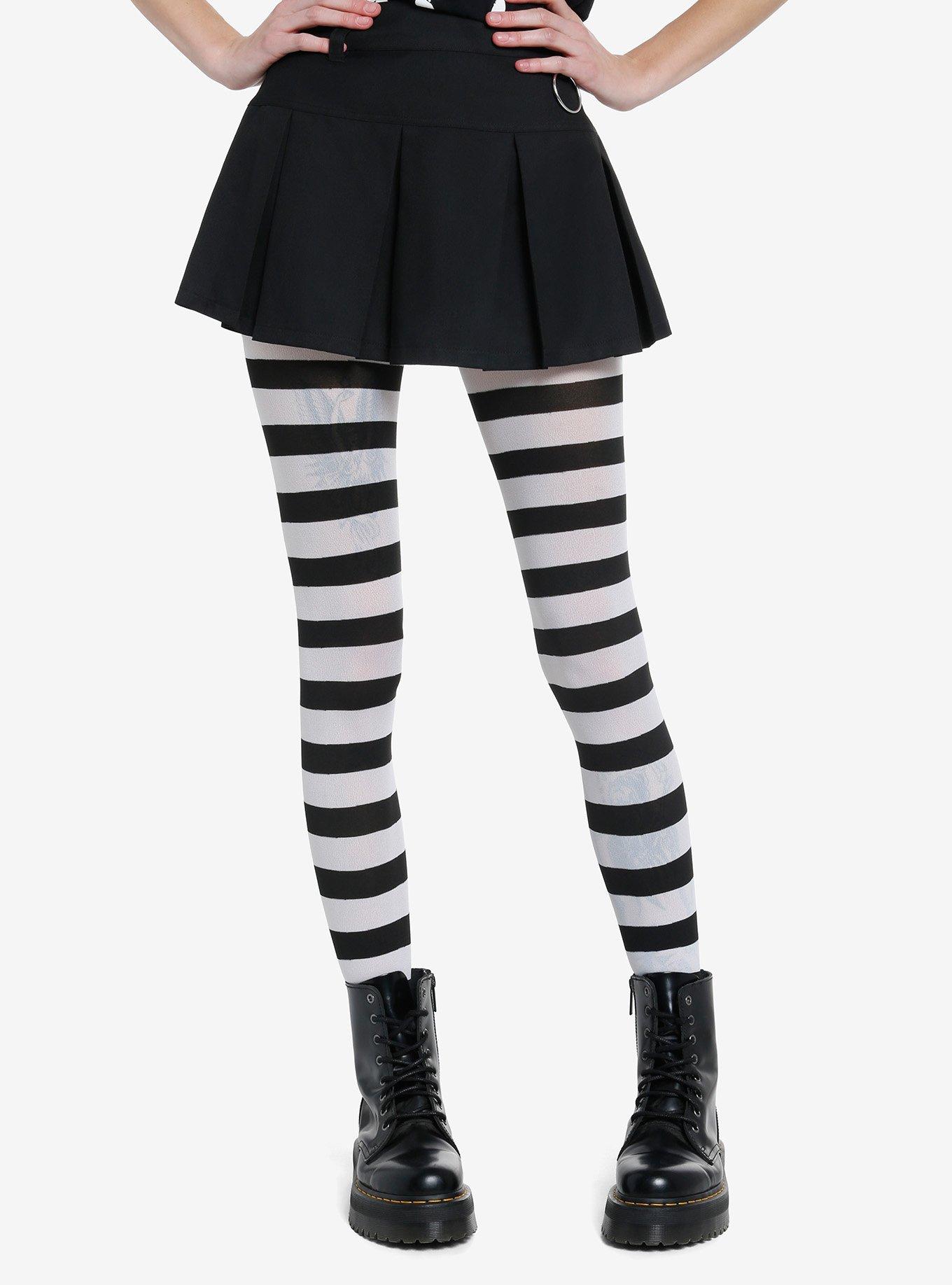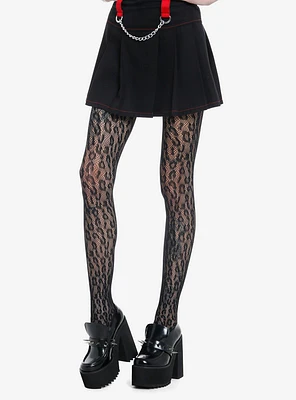Home
Kansas City's Montgall Avenue: Black Leaders and the Street They Called Home
Loading Inventory...
Barnes and Noble
Kansas City's Montgall Avenue: Black Leaders and the Street They Called Home
Current price: $26.99


Barnes and Noble
Kansas City's Montgall Avenue: Black Leaders and the Street They Called Home
Current price: $26.99
Loading Inventory...
Size: Paperback
*Product Information may vary - to confirm product availability, pricing, and additional information please contact Barnes and Noble
A few blocks southeast of the famed intersection of 18th and Vine in Kansas City, Missouri, just a stone's throw from Charlie Parker's old stomping grounds and the current home of the vaunted American
Jazz Museum
and Negro Leagues Baseball Museum, sits Montgall Avenue. This single block was home to some of the most important and influential leaders the city has ever known.
Margie Carr's
Kansas City's Montgall Avenue: Black Leaders and the Street They Called Home
is the extraordinary, century-old history of one city block whose residents shaped the changing status of Black people in Kansas City and built the social and economic institutions that supported the city's Black community during the first half of the twentieth century. The community included, among others, Chester Franklin, founder of the city's Black newspaper,
The Call
; Lucile Bluford, a University of Kansas alumna who worked at
for 69 years; and Dr. John Edward Perry, founder of Wheatley-Provident Hospital, Kansas City's first hospital for Black people. The principal and four teachers from Lincoln High School, Kanas City's only high school for African American students, also lived on the block.
While introducing the reader to the remarkable individuals living on Montgall Avenue, Carr also uses this neighborhood as a microcosm of the changing nature of discrimination in twentieth-century America. The city's white leadership had little interest in supporting the Black community and instead used its resources to separate and isolate them. The state of Missouri enforced segregation statues until the 1960s and the federal government created housing policies that erased any assets Black homeowners accumulated, robbing them of their ability to transfer that wealth to the next generation.
Today, the 2400 block of Montgall Avenue is situated in one of the poorest neighborhoods in Kansas City. The attitudes and policies that contributed to the neighborhood's changing environment paint a more complete--and disturbing--picture of the role that race in continues to play in America's story.
Jazz Museum
and Negro Leagues Baseball Museum, sits Montgall Avenue. This single block was home to some of the most important and influential leaders the city has ever known.
Margie Carr's
Kansas City's Montgall Avenue: Black Leaders and the Street They Called Home
is the extraordinary, century-old history of one city block whose residents shaped the changing status of Black people in Kansas City and built the social and economic institutions that supported the city's Black community during the first half of the twentieth century. The community included, among others, Chester Franklin, founder of the city's Black newspaper,
The Call
; Lucile Bluford, a University of Kansas alumna who worked at
for 69 years; and Dr. John Edward Perry, founder of Wheatley-Provident Hospital, Kansas City's first hospital for Black people. The principal and four teachers from Lincoln High School, Kanas City's only high school for African American students, also lived on the block.
While introducing the reader to the remarkable individuals living on Montgall Avenue, Carr also uses this neighborhood as a microcosm of the changing nature of discrimination in twentieth-century America. The city's white leadership had little interest in supporting the Black community and instead used its resources to separate and isolate them. The state of Missouri enforced segregation statues until the 1960s and the federal government created housing policies that erased any assets Black homeowners accumulated, robbing them of their ability to transfer that wealth to the next generation.
Today, the 2400 block of Montgall Avenue is situated in one of the poorest neighborhoods in Kansas City. The attitudes and policies that contributed to the neighborhood's changing environment paint a more complete--and disturbing--picture of the role that race in continues to play in America's story.
